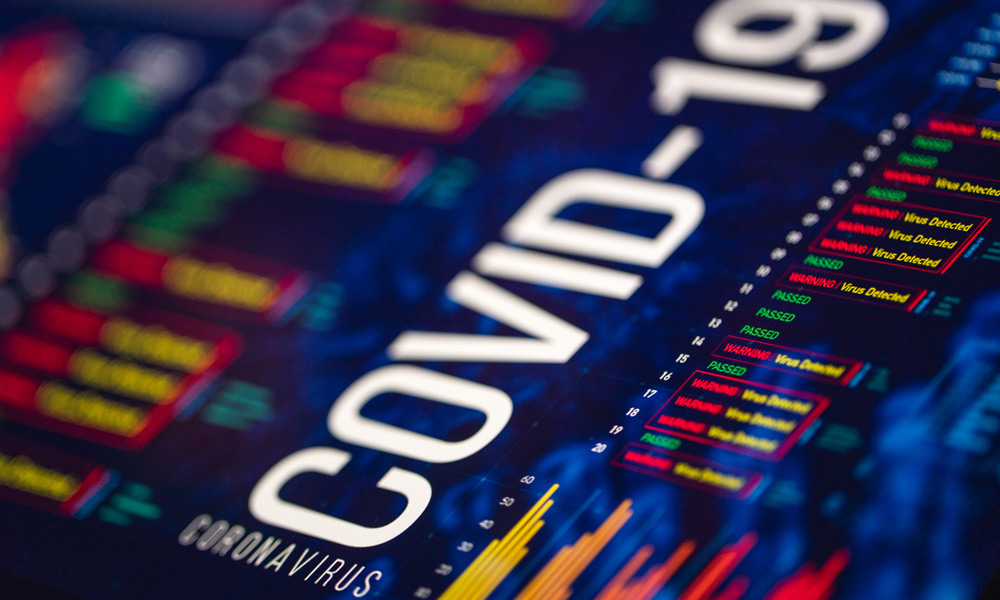Navigating your COVID-19 response
PwC’s new digital assessment tool, the COVID-19 Navigator, can help leaders understand the potential impact of the novel coronavirus on their business.
COVID-19 is presenting major challenges to people and organizations around the world. As governments consider the new rules and policies needed to protect their citizens, business leaders are also managing the crisis on behalf of their employees, customers, and stakeholders.
They are confronting immediate concerns, taking steps to ensure people’s physical and emotional well-being and their organization’s ability to weather unprecedented levels of uncertainty. In a PwC survey of CFOs conducted during the week of March 9, more than half said the outbreak could have a significant impact on their business operations (54 percent) and decrease their revenue or profit (58 percent). Business leaders are also preparing for the new normal, by considering the capabilities they’ll need in order to emerge stronger on the other side.
We know that many companies have worked on contingency plans during the last few years, to be prepared for various types of geopolitical or environmental threats. They are implementing these plans as the coronavirus pandemic unfolds and considering how to enhance and adapt them. Such decisions are happening on a continual basis, as new information shapes and reshapes our collective conscience. Given the magnitude of this evolving situation, PwC’s team of specialists has collaborated to create an online assessment that can help leaders understand the potential impact to their business and gauge their readiness and response.
PwC’s COVID-19 Navigator tool contains questions that will help leaders understand where their company stands in six key areas:
1. Crisis management and response: Information and impacts are changing hourly — requiring a well-organized crisis command center that structures the response activity, flow of information, and communication to both internal and external stakeholders.
2. Workforce: Remote working is quickly becoming the standard for many companies, with implications for technology, cybersecurity, and safety, among other issues.
3. Operations and supply chain: Depending on how centralized their operations are and how geographically dispersed their supply chain, companies will experience the effects of border closures, travel bans, and other slowdowns in different ways.
Business leaders are preparing for the new normal, by considering the capabilities they’ll need in order to emerge stronger on the other side.
4. Finance and liquidity: Companies may need to rethink their financial forecasting, modeling, and communications. When asked about plans to change disclosures, 48 percent of respondents to PwC’s first COVID-19 CFO Pulse Survey said they’re planning changes.
5. Tax and trade: Ripple effects on tax may occur at both the individual (for employees who’ve had to relocate, for example) and corporate level.
6. Strategy and brand: Companies’ approach to innovation, risk, and their overall operating model — as well as brand health — will inform their response.
Your score in each of these areas will help you to think through your next steps, building on your strengths and giving renewed attention to places where you see gaps. This understanding can shape your response to the coronavirus both in the near-term and as you look further ahead.
Click here to take PwC’s COVID-19 Navigator assessment.







